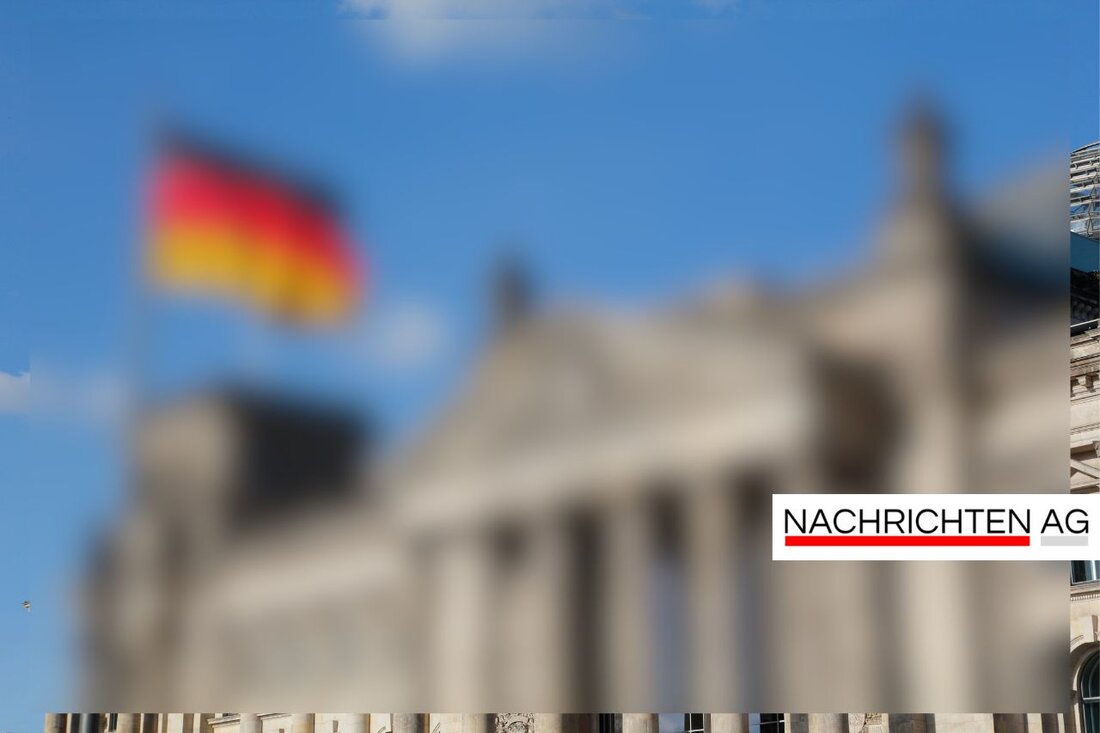Hanover Airport: Afghans flee Taliban violence to Germany!
On October 31, 2025, 14 Afghans who suffered under Taliban rule arrived in Germany. The situation remains critical.

Hanover Airport: Afghans flee Taliban violence to Germany!
The humanitarian situation in Afghanistan is extremely tense given the Taliban rulers, who have ruled the country since August 15, 2021. Hundreds of Afghans reportedly continued to wait for the opportunity to leave after the takeover, while the international community reacted with increasing alarm to serious human rights violations. On October 31, 2025, 14 people arrived in Germany who had previously received an official acceptance letter. They traveled via Pakistan and Istanbul to Hanover-Langenhagen Airport. Loud daily news All arrivals had successfully completed the admission process and the security check.
But the situation for the remaining 1,910 Afghans who are currently waiting in Pakistan to leave the country remains critical. Many of them had previously worked for the Bundeswehr or German institutions and are now in great danger, persecuted because of their commitment to a democratic state. Previous federal governments promised protection and had various reception programs in place; However, the current CDU-led government has significantly restricted this, which makes these people's prospects of safe departure appear much bleaker. In the coalition agreement between the Union and the SPD it was even agreed to largely discontinue these programs, which further increases the pressure on those affected.
The current situation in Afghanistan
What is behind this grueling situation? Afghanistan, officially the Islamic Emirate of Afghanistan, is a country in Central Asia that is called a “graveyard of empires” due to its historical location. With an estimated population of between 40 and 50 million and a harrowing humanitarian crisis, the country is struggling in extreme conditions. With strict interpretations of Islamic law, the Taliban have not only significantly restricted the rights of women and girls, but have also severely impaired access to education and health care for the entire population. As a result, Afghanistan has slipped to 182nd place on the Human Development Index, with about 23 million people relying on food aid, according to recent information from Human Rights Watch confirm.
The picture is becoming bleaker: girls are not allowed to attend school beyond the sixth grade and women are not allowed to attend universities. These drastic measures are only part of the systematic repression that has now resulted in international arrest warrants for Taliban leader Haibatullah Akhundzada and Chief Judge Abdul Hakim Haqqani. The shocking reports of arrests for violations of draconian laws designed to “propagate virtue and prevent vice” show how deeply repression runs into society today.
International responsibility
The international community is faced with the challenge of responding to these developments. The reduction in aid funds by donor countries has only exacerbated the crisis and inevitably resulted in the return of almost 1.9 million Afghan refugees from Iran and Pakistan. Many of these returnees are aware of the dangers that now await them as the Taliban continue to crack down on dissent. Even media reporting is heavily controlled, leading journalists to censor themselves due to fear of retaliation.
Hoping for change, Afghan and international human rights organizations are currently active in calling for an independent international accountability mechanism, while calling on the EU to strengthen its role in creating such a mechanism. The situation in Afghanistan is therefore more than worrying and poses essential moral questions for the global community. The coming weeks and months will be crucial, especially for the people fighting for their freedom and their lives.

 Suche
Suche
 Mein Konto
Mein Konto